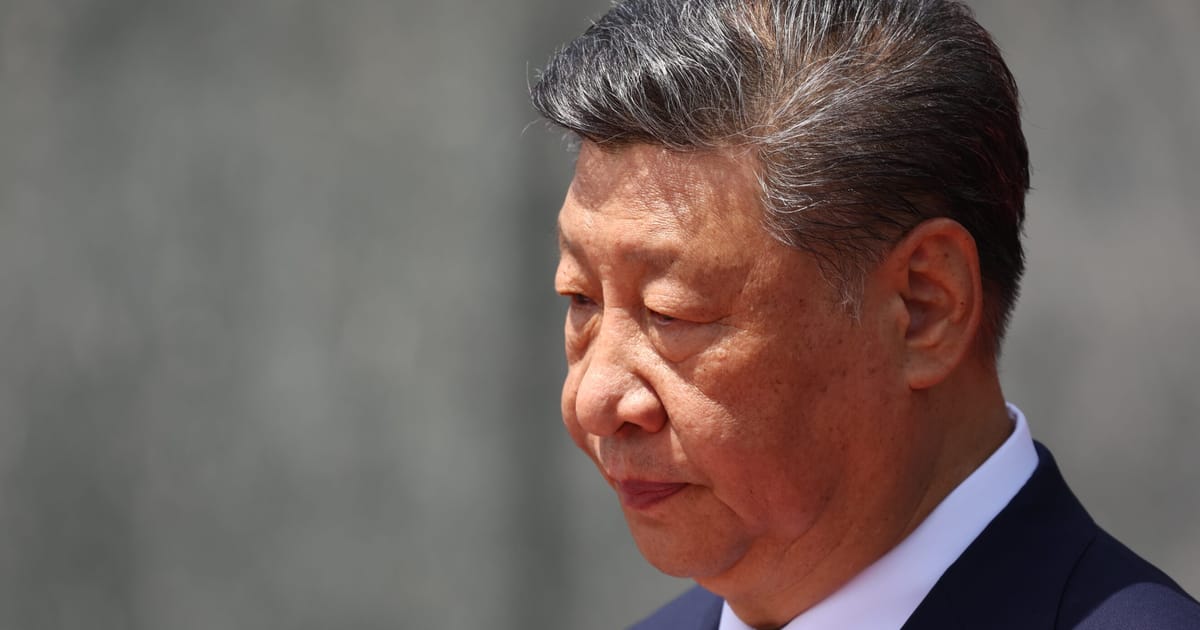

In a world marked by dynamic geopolitical shifts and diplomatic endeavors, recent developments shed light on the importance of international collaboration and dialogue. As the European Union and its global partners navigate complex issues, several key events underscore the region’s current challenges and collective responsibilities.
The upcoming EU-China summit, set to unfold amidst a backdrop of intricate global relations, highlights the nuanced dance of diplomacy. Despite a lack of substantial deliverables anticipated from the summit, the meeting remains a significant engagement between two major global actors. Speculation surrounds whether Xi Jinping will attend, yet the forum itself presents an opportunity for dialogue—a tool essential for addressing the multifaceted geopolitical issues that impact not only Europe but the world.
Across the English Channel, French President Emmanuel Macron has articulated the pivotal role of Franco-British cooperation in ensuring the continent’s security. In a poignant address to both Houses of Parliament, Macron emphasized the ‘special responsibility’ that the United Kingdom and France bear—a reminder that collective security is a shared endeavor, transcending borders and political divides. This call for unity comes at a time when European nations are increasingly seeking collaborative solutions to shared concerns.
In North Africa, a diplomatic encounter took a dramatic turn as Libyan officials expelled the EU’s migration commissioner, Magnus Brunner, amid what has been labeled a diplomatic spat. This event serves as a reminder of the delicate nature of international diplomacy, where communication and mutual respect are vital to maintaining constructive relations.
Further south, the waters of the Red Sea have seen turbulence as a tragic incident brought attention to the region’s security challenges. A recent attack by Houthi rebels on a Greek-owned cargo ship resulted in the loss of two seafarers, marking the end of a temporary calm in the region. The attack highlights the persistent volatility in Yemen and the broader implications for international shipping routes that are critical to global trade.
These events, while diverse in nature and geography, collectively illuminate the interconnectedness of global affairs. From diplomatic summits to security discussions and unforeseen altercations, the threads of collaboration and dialogue are vital. As the EU and its partners engage with these challenges, the need for calm, mindful strategies becomes ever more apparent, ensuring that solutions are built on a foundation of understanding and mutual respect.
In the dynamic, ever-evolving landscape of international relations, Europe—and the wider global community—continues to strive towards a more interconnected and peaceful future, navigating the complexities of today with an eye to the promise of tomorrow.
Source: {link}
